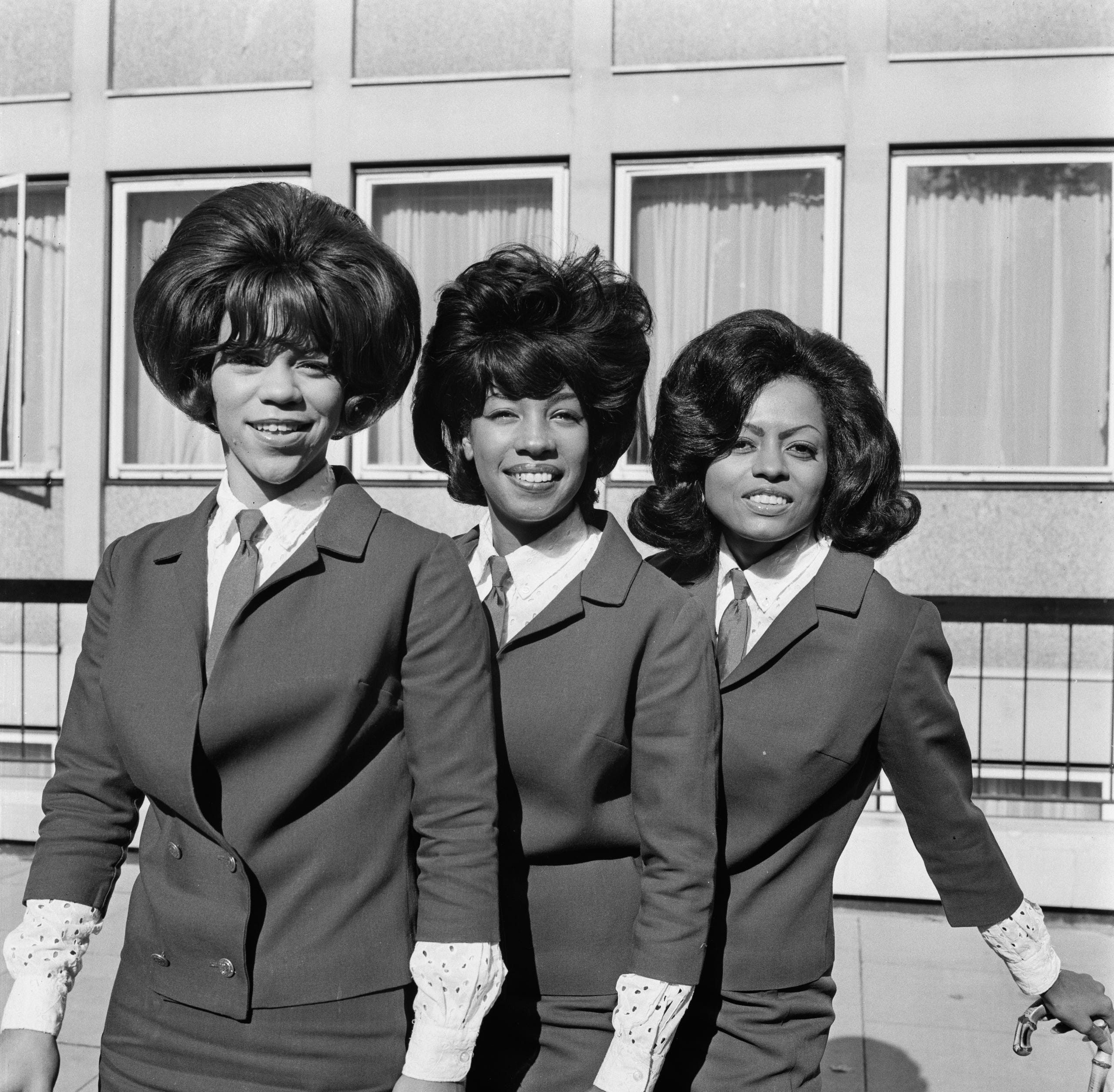
*On this day in 1964, The Supremes went into Motown Studios in Detroit with in-house writing/production trio Holland-Dozier-Holland and recorded what would become their first U.S. No. 1 single, “Where Did Our Love Go.”
After eight singles that flopped, Diana Ross, Mary Wilson and Florence Ballard were known around Motown as the No-Hit Supremes. “Where Did Our Love Go” was the first of five No. 1 hits in a row for the trio, and the first of their 13 career No. 1 singles, which made them the most successful act on Berry Gordy’s label. The song stayed at the top for two weeks, from Aug. 16 to Aug. 29.
But if The Supremes had their way, they would’ve never recorded the song, and things may be a tad different today. Brian Holland wrote and cut the track intending to give it to Motown’s girl group The Marvelettes, but they thought it was “corny” and didn’t want it. He then pitched it to the label’s newcomers “at the bottom of the totem pole,” The Supremes, believing they were in no position to turn it down. But when he pitched it to Mary Wilson, she dismissed it as the song that the Marvelettes rejected and refused it as well. At first.
Below, Holland explains how The Supremes ended up recording the song against their will, and recalls Diana Ross singing the lyrics with disgust in her voice, then storming out of the studio and crying in Gordy’s office (beginning at the 1 min. 46 sec mark).
Florence Ballard once said in an interview that the group’s initial distaste for “Where Did Our Love Go” stemmed from their desire to have a more upbeat single with a stronger hook, similar to the Marvelettes’ “Please Mr. Postman.”
Please Mr. Postman – The Marvelettes
Once The Supremes were forced to record “Where Did Our Love Go,” (that beginning driving beat is actually two boards banged together) Holland-Dozier-Holland argued over who in the group should sing lead. Holland cut the record in the same key as Wilson’s voice, but Gordy had recently declared that Ross would be the group’s lead singer, so that’s where it ultimately landed.
Ross first delivered the vocals in her natural high register. Holland-Dozier-Holland told her to sing it in a lower register, and an even more pissed Miss Ross did as she was told, following their direction “to the letter.” Lamont Dozier crafted Wilson and Ballard’s background arrangement, and once the song was complete with Gordy’s stamp of approval, it was released as a single two months later on June 17, 1964.
Where Did Our Love Go – The Supremes, Literally in the Streets of Paris (and nearly getting run over at the 1 min mark)
After entering Billboard’s Hot 100 at No. 77, it took six weeks for the record to reach No. 1. It happened while the Supremes were on tour as part of Dick Clark’s “American Bandstand Caravan of Stars.” The Supremes began the tour at the bottom of the bill. By its conclusion, they were at the top.
Dick Clark’s “American Bandstand Caravan of Stars”
In January of the following year, The Supremes performed the song on the NBC variety program, Hullabaloo!
Where Did Our Love Go – The Supremes on Hullabaloo! (Tuesday, January 26, 1965)
The song became the title track of the group’s second album, “Where Did Our Love Go,” released later that year. A German language version of it titled “Baby, Baby, wo ist unsere Liebe” was recorded by the Supremes for German-speaking markets overseas and released as the b-side to their German recording of “Moonlight and Kisses” in April 1965.
Baby, Baby, wo ist unsere Liebe – The Supremes
“Where Did Our Love Go” peaked just weeks after the passage of the Civil Rights Act of 1964. The country was still rocked by President Kennedy’s assassination in November 1963 and dealing with an increased presence in the Vietnam War. Rolling Stone magazine ranked the song No. 475 of its 500 greatest songs of all time, and the single was selected for preservation in the National Recording Registry on March 23, 2016, due to its “cultural, historic, or artistic significance.”
We Publish News 24/7. Don’t Miss A Story. Click HERE to SUBSCRIBE to Our Newsletter Now!





